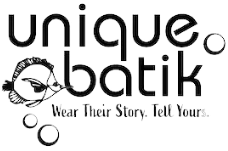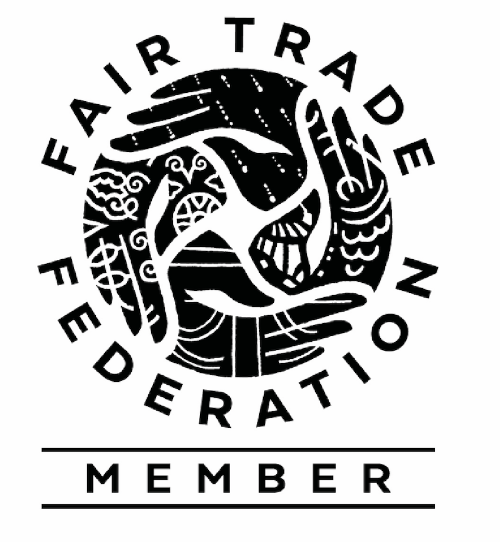For Spring/Summer 2014, we’re excited to introduce a new collection of Unique Batik bags and scarves made in Guatemala. These au courant accessories reflect a couple of spring trends, including nautical inspired stripes and animal print. Mixed with another spring trend -- florals -- polka dots and leopard print look fresh, fun, and ready to go anywhere.
An important part of both our design process and our commitment as a fair trade organization is working with artisans to preserve cultural traditions while creating brand-new products that are on trend. Recycled huipils (embroidered blouses traditionally worn by Mayan women) have long been one of our favorite materials to use for bags of all sizes. Embroidery patterns from all over Guatemala make their way onto these beautiful, elaborate textiles and represent unique designs found in each region. As huipils become worn and unwearable, they are sold at the marketplace, which is how Unique Batik can bring you hand-embroidered work at affordable prices...another reason to love recycling!
With a little bit of ingenuity, these recycled huipils can become something completely new, both beautiful and practical for the way we live our lives here and now. Artisans appreciate design assistance, in regard to both functionality and form. Information, like what size to make a bag perfect for carrying your passport while traveling, and what colors are going to be hot this season, is exactly what they need to know to develop successful products. Often, it is an ongoing process. For example, when working on a new product, we talk about colors and they send us samples. Then, we communicate again and the samples are refined, until the artisans know exactly what colors to use to get consistent results.
Santos Perez is one of the many artisans who benefit from such design assistance. He and members of his extended family work together to create one of our favorite wardrobe staples, the striped scarf. Working in the village of San Antonio, the group makes foot loom and back strap loom scarves, with 21 women doing the iconic back strap weaving and three men working on the larger foot looms. The group is proud of the work that they do, both in keeping traditional weaving alive and in the quality of the products they make. They only use first quality thread that doesn’t fade or bleed when washed. The biggest challenge they have faced is finding a market for their handicrafts; through their sales to Unique Batik, they can provide for their families, including sending all of their kids to school.
Our new striped scarves crafted by Santos and his family feature color schemes influenced by two classic but always fresh trends. The red and white stripes reflect the nautical chic seen all over fashion runways for spring and summer. Earthy toned stripes are a take on the animal print craze that doesn’t seem to be going anywhere. Both of these manage to be trendy but never faddish. We think they look great paired with the mixed prints of our new bags, so don’t be afraid to mix it up and make it your own!











1.jpg)
2.jpg)

3.jpg)
4.jpg)

5.jpg)
6.jpg)
